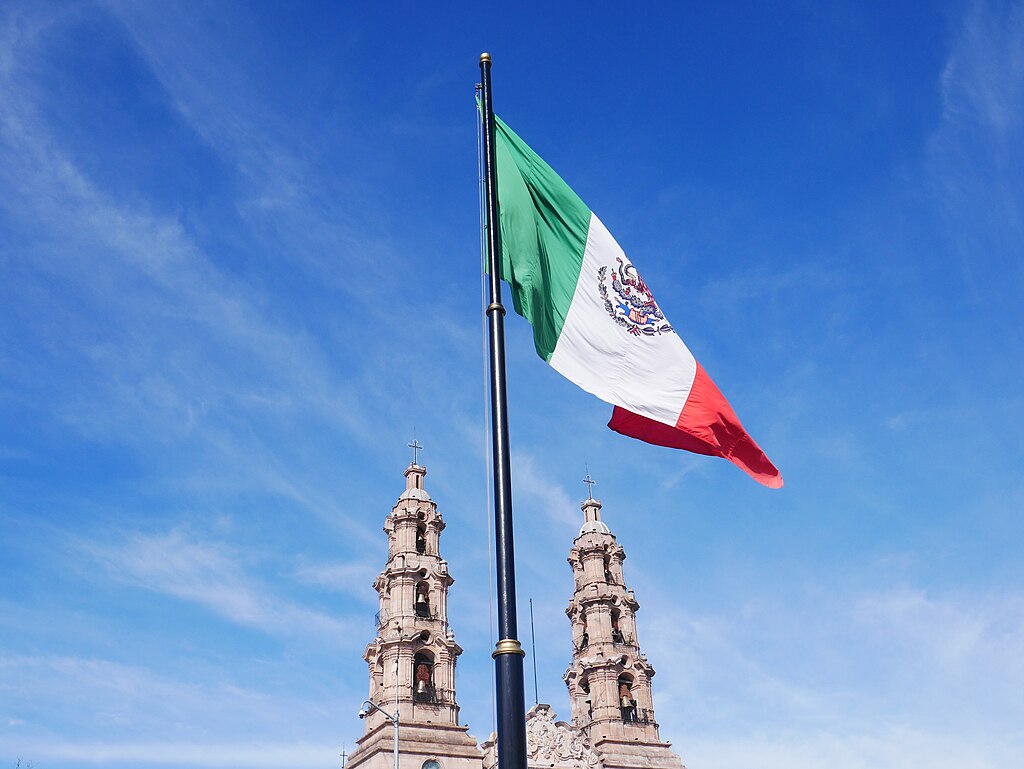House Faces Showdown Over Government Funding and Voting Legislation
House Speaker Mike Johnson pushes forward with a controversial funding bill that includes voter citizenship proof requirements, sparking opposition within his party and from Democrats.
Published September 11, 2024 - 00:09am

Image recovered from washingtonexaminer.com
House Speaker Mike Johnson (R-LA) is determined to push through his government funding plan despite significant opposition from within his own party, a move that could jeopardize the bill when it reaches the floor this week. Johnson's proposal, which extends federal funding levels until late March, is contingent upon the inclusion of the Republicans' SAVE Act, a measure that demands proof of citizenship for voter registration.
Despite its intention to placate some of the more hardline members of the Republican Party, this proposal has faced criticism from within the GOP itself. At least six House Republicans have voiced their opposition to the continuing resolution, with several others hinting they might follow suit. Given Johnson's slim majority, he can only afford to lose four GOP votes if all Democrats vote against it.
Johnson remains resolute, having backed the bill in a private meeting with GOP lawmakers. He expressed his commitment by stating, I am in this to win this. I think it's something we must do. That's why it's worth fighting for.
The vote on the continuing resolution is scheduled for Wednesday, although the plan if the bill fails remains unclear. Even if it does pass the House, the SAVE Act is expected to face stiff opposition in the Democrat-controlled Senate.
Critics argue that linking the SAVE Act to the continuing resolution could result in the Senate sending back a clean extension without any policy riders, which would further complicate the prospects of the bill. Representative Thomas Massie (R-KY) bluntly criticized the plan, calling it an insult to Americans' intelligence.
This clash over the funding bill brings a sense of déjà vu to Capitol Hill, reminiscent of a similar tussle last year under then-Speaker Kevin McCarthy. McCarthy's attempt to attach a key GOP border policy to a funding resolution was met with intra-party opposition, leading to a temporary deal with Democrats and eventually his ouster as Speaker.
No House Republicans have called for Johnson's removal over this issue, although speculation about his future leadership persist. Meanwhile, House Democrats have accused Republicans of pushing a partisan and extreme continuing resolution that endangers essential services.
President Joe Biden has signaled his intent to veto Johnson's bill if it reaches his desk, arguing that the six-month funding extension would erode military readiness and fail to support critical disaster relief programs. The White House has criticized the citizenship proof requirement as unnecessary, noting that it is already illegal for noncitizens to vote in federal elections.
Further controversy surrounds the bill's impact on other essential services. The administration has flagged potential shortfalls for the Department of Veterans Affairs and Social Security Administration if additional funding is not approved.
The standoff highlights a broader ideological clash between Republicans, who argue that citizenship proof is necessary to safeguard elections, and Democrats, who claim it would hinder voter registration and disenfranchise eligible voters. Some House conservatives, influenced by former President Donald Trump, back the SAVE Act as a means to prevent noncitizens from voting and to delay further spending negotiations into the next presidential term.
In summary, the House faces a complex debate over government funding and electoral integrity. Johnson's determined push for the bill, against internal and external criticism, underscores the high political stakes of this legislative battle. As voting day approaches, the future of the bill, along with the leadership dynamics within the House, hangs in balance.







